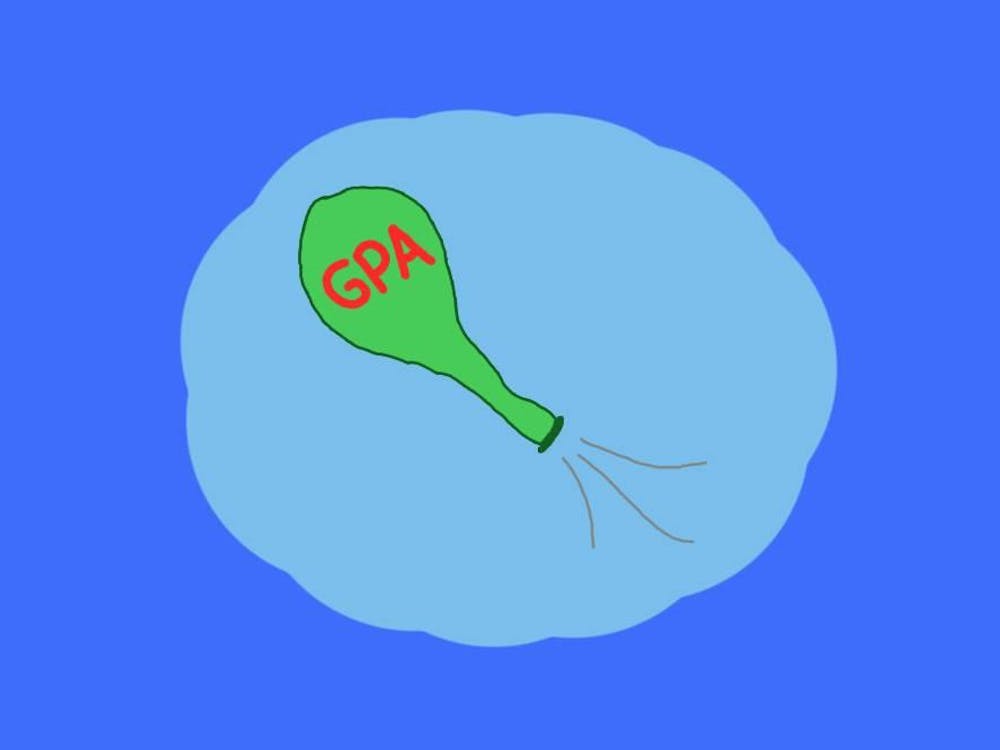CAMPAIGN finance once again is on the front burner of the American political consciousness. On Tuesday the Supreme Court heard oral arguments in a campaign finance case stemming from Missouri's state contribution limits. With Texas Gov. George W. Bush (R) setting fundraising records, both Steve Forbes and Sen. John McCain (R-Ariz.) have made campaign finance the centerpiece of their presidential bids. The overwhelming urge among commentators and politicians is to pass further campaign finance regulations. They should resist it.
Though federal regulation of campaign finance began with the Tillman Act in 1907, the overwhelming presence of money in politics has been of primary concern since Watergate. The latest round of proposed regulation, and known in the Senate as McCain-Feingold and in the House of Representatives as Shays-Meehan, takes aim at so-called "soft money." Soft money is money donated to political parties for party building and other activities. This is compared with "hard money," which is money donated directly to the candidate. While hard money contributions are capped, soft money is not. This makes it an easy target for politicians. But a cap on soft money contributions will do nothing to solve any of the perceived problems with American politics.
Though the term is used as if referring so the bogeyman, soft money is constitutionally protected speech. In 1976's Buckley v. Valeo, the Supreme Court found that in politics, money is speech. The Court noted that the communication of political messages requires the expenditure of money, and held that limiting spending and donations in federal elections was a direct burden restricting core constitutional conduct. In other words, when individuals and corporations give money to political parties, they are exercising their fundamental rights as American citizens. Banning soft money is a violation of those rights.
Banning soft money will do more harm than good to the extent that it will damage political parties. Soft money is the lifeblood of the parties, and as such is the energy behind American politics. As Clinton Rossiter said in "Parties and Politics in America," "there is no America without democracy, no democracy without politics, and no politics without parties." Political parties are unique entities that play a very specific role in American politics.
Parties promote agreement between interest groups. Above all, they want to win elections, and therefore parties work to compromise differences for the common cause. Parties also promote discussion of major issues. By creating a platform like the "Contract with America," a party frames the choices facing the electorate and helps voters make informed decisions. Parties foster effective government. The separation of powers often creates gridlock between the branches and the federalist system creates a division between the state and national government. Parties act as a unifying force that cuts through the divisions.
Parties provide responsibility and accountability. By establishing a platform and agenda, voters know who to blame or praise for the results of government action. Finally, parties promote political participation. They enroll voters and give citizens a way to join with others in political action.
Doing away with soft money, though catchy in name and appealing in polling data, would severely constrict the parties' abilities to perform these key functions. Though politicians like McCain claim that it will reduce the power of special interests and the potential corruption and influence-peddling that their money brings, it is hard to see how. Under current law, soft money cannot be used for any specific candidate, and parties are limited in how much money they can spend in coordinated efforts with their candidate. Soft money therefore does not pose the ominous threat to officeholder's virtue that McCain believes. Doing away with soft money is just such a threat.
As a source of funds, parties probably constitute the cleanest money in politics. They raise money from individuals and organized interests. Their mix of sources is more diverse than that of any major organization. As a result, parties are actually relatively free from special-interest influence. A candidate's integrity is seldom threatened in accepting party funds. As Larry J. Sabato, government and foreign affairs professor, pointed out in his book "The Party's Just Begun:" "The less party money there is available, the more candidates will have to rely on PAC money; the more resources the parties can share with their nominees, the less officeholders will be indebted to special interest groups."
The assault on soft money is an assault on political parties. Though motivated by good intentions, the result will be the erosion of First Amendment freedoms and the ability of political parties to do their important work. As the Committee for Party Renewal said in an amicus brief before the Supreme Court, "Political parties are the most comprehensive and potentially most effective form of political association through which ordinary Americans can influence the direction of government. We should prize them as the cornerstones of representative democracy and work to assure their vitality." Opposing McCain-Feingold would be a good start.
(Sam Waxman's column appears Thursdays in The Cavalier Daily.)




